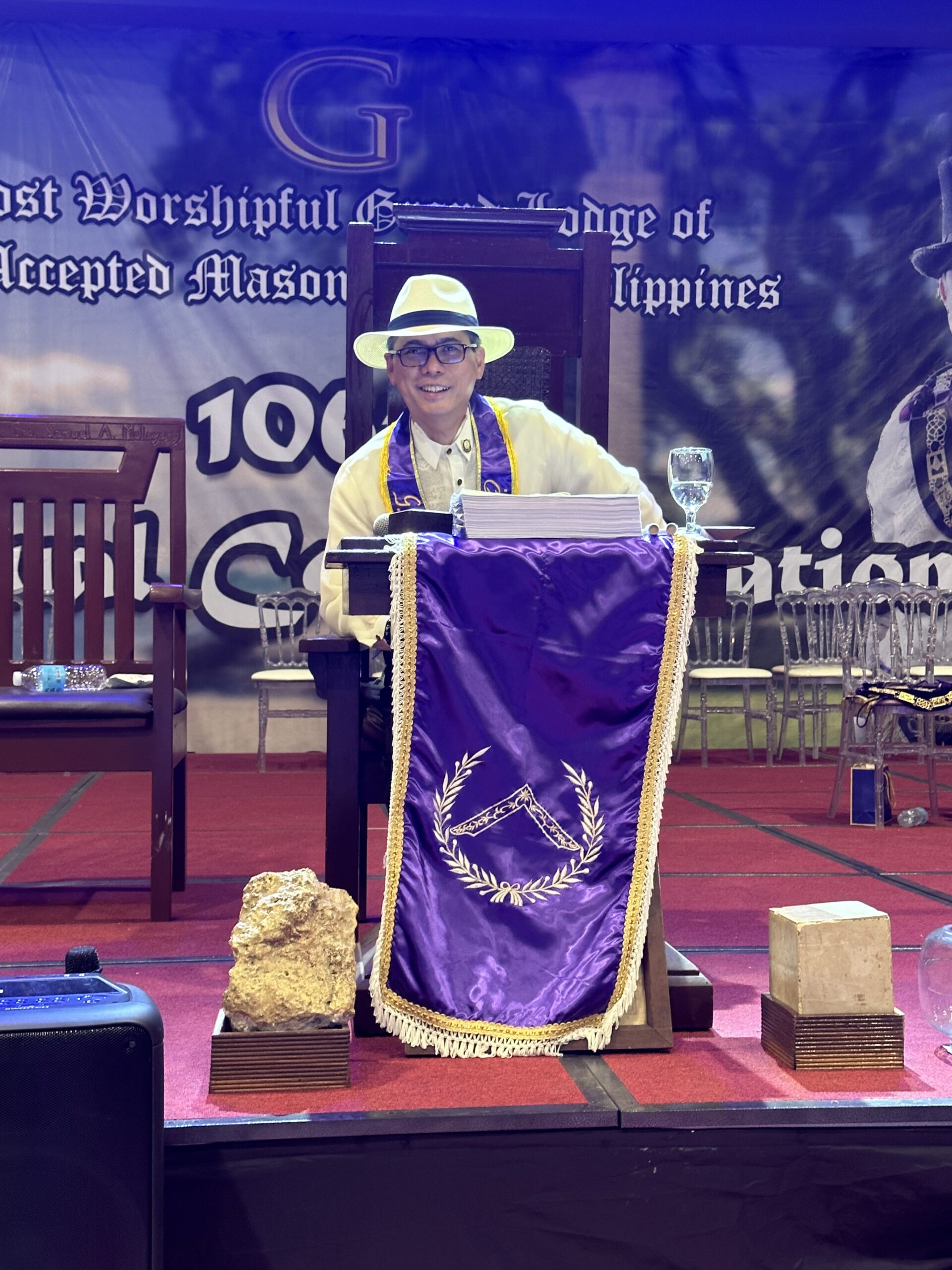It is almost that time of year when we Masons gather in our respective lodges to perform one of the most important Masonic duties under our charge – the nomination and election of our next office bearers. How exactly should we choose the next among our brethren to lead our lodges? Should we elect our officers on the basis of meritocracy or on the basis of seniority Should we prioritize their abilities and potentials above chair progression? Is their wealth a significant factor to consider? What about their social status, or their political influence? Does this mean that Masonic elections are nothing more than popularity contests?
Truth is: most Masonic elections are like clockwork. Officers are elected to the position immediately above the one they currently hold. Vacancies in the lower ranks are typically filled by electing the brethren most eager to take the responsibilities that go with the positions, including, of course, their corresponding ranks and titles. It is no secret that many lodge members aspire for such ranks and titles, which is why electioneering, despite being highly frowned-upon, has become more rampant that we would like to admit. Nevertheless, it still falls upon the hands of the majority to decide who should go through chairs.
It is for this reason that this “majority” has to be educated on how to choose worthy brothers to lead our lodges. Allow me to enumerate some very important criteria.
- Worthy – By worthy, we mean that the nominee should have the moral ascendancy to command the respect of his lodge, as well as gain the trust and confidence of its members. Without the respect, trust, and confidence, it is almost impossible to effectively lead and influence the entire lodge. Moral ascendancy, therefore, is the foundation of a Masonic leader’s worthiness to lead. We should choose leaders who embody such virtues as honesty, integrity, and ethics, the better to inspire respect, trust, and confidence among his peers.
- Well-Qualified – It goes without saying that the nominee should be qualified and has the skills for leaderships. He should have the administrative and managerial aptitude necessary to make sound decisions based on knowledge he already has. Knowledge on matters pertaining to lodge politics and jurisprudence could be gained in courses such as IMES. Wisdom through experience is also a mark of a well-qualified nominee. Other abilities that add to his overall qualification as a leader include effective communication skills; ability to foster harmony and resolve conflicts among brethren; a knack for identifying talented and committed members to delegate work and engage in activities; a vision to innovate and explore other approaches to achieve goals; and most importantly, the capacity to inspire others as a mentor of the Craft.
- Committed – We should nominate brethren who are genuinely committed to serve the lodge and upholds the will of its members. His track record in terms of participation, cooperation, attendance, and actual work produced should stand as testaments to his commitment. He should also be service-oriented and places the needs of the lodge and its members above personal ambition.
- Humble – A worthy leader exemplifies respect for all members, regardless of their position or background. Humility, therefore, is an important element to a successful and effective leadership. A nominee should recognize that leadership is a privilege and an opportunity to serve, not a pedestal for self-importance. The moment Masonic positions are viewed as an opportunity to promote one’s self, it ceases to become a responsibility and instead becomes an avenue to self-glorification, which is the exact opposite of being “on the level.”
These criteria provide a basic guide for us Masons in choosing our next leaders, which is a responsibility we should not take lightly. The future of our Fraternity, and the way it is viewed by the outside world, relies on the wisdom of our choices. Our leaders should possess all of the above, not just one or two. Allow me to elucidate:
Suppose we have a brother whom we deem “deserving” of becoming a lodge officer for whatever reason, be it for his years of service or perhaps his political standing outside the lodge. The brethren then decide to “reward” or “honor” him by electing him to a position he may not be prepared to undertake, or capable of maintaining, or even interested in accepting. What do you suppose would become of the lodge?
Another example: Suppose we have a brother so willing, determined, and qualified to become a lodge officer, yet for some reason, has proven himself lacking moral rectitude. Can he truly be trusted with the affairs of the lodge, or its finances? The number of past and pending cases in the Grand Lodge pertaining to immoral acts and mishandling of money is enough reason for us to make sure that our leaders possess all the criteria mentioned above.
The success of our lodges depends on the ability of its members to choose their next leaders. Let us seek leaders who embody the noble principles of Freemasonry, who possess unwavering integrity, strong leadership skills, and a deep commitment to our lodges, for not only will they guide our lodges towards their goals, but also inspire other Masons to follow in their footsteps. With well-chosen Masonic leaders at the helm, we strengthen the bonds of our brotherhood and carry the light of Masonry forward for generations to come.
